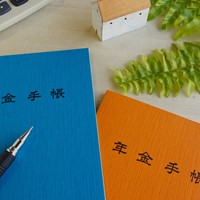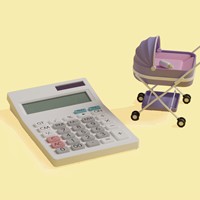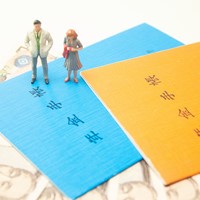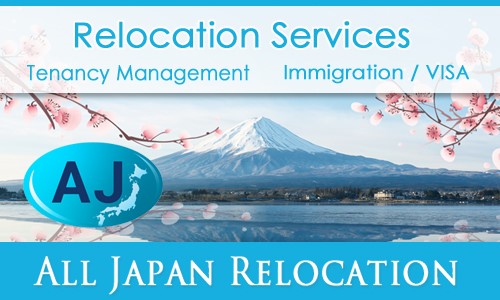How to Receive Unemployment Benefits in Japan

When you lose your job in Japan, whether the reason is for your personal reasons or for the company reasons, you can receive unemployment insurance if you meet the conditions.
The basic allowance of employment insurance is a benefit to support a stable life and job-seeking activities so that those who have left their job (job seekers) can find a new job as soon as possible. The benefit ranges from 50% to 80% of the pre-employment wage.
In this article, you can learn who is eligible for unemployment insurance and how to receive the benefits.
Please keep in mind that laws can change, so always check with your local Hello Work office for the most up-to-date information. The applicant must apply for the benefit in person at the Hello Work as well.
Who is Eligible for Unemployment Insurance in Japan?
Japanese unemployment insurance is for those who meet the following criteria.
1) Persons who have left their job and are unable to find a job despite actively seeking employment with the positive intention of finding a job, and the ability to find a job at any time (health condition, family environment, etc.).
2) In principle, those having an insurance beneficiary status for 12-months or more over 2 years prior to separation from employment are qualified to receive this benefit.
3) In the event of uncontrollable reasons for separation from employment, such as bankruptcy or dismissal(classified as Special recipient qualification, or non-renewal of a Limited-time Labor contract,(classified as Special cases of separation from employment), those having an insurance beneficiary status for 6-months or more over one year prior to separation from employment are also qualified.
How Much does Unemployment Insurance Pay Out?
In principle, the daily benefit amount is approximately 50-80% of the sum of the wages paid monthly for the six months prior to the date of separation, divided by 180. The lower the wage, the higher the benefit rate. There is an upper and lower limit to the daily basic allowance.
Approximate calculation formula
(Total wages in the six months prior to separation from employment) / 180 x 50-80% (benefit rate)
= Daily basic allowance
For those who are 60-64 years old, the rate is 45-80%.
How Many Days of Basic Benefits will be Payable?
How many days unemployment insurance is paid depends on the reason for leaving employment and the length of time you have worked for the company.
For those who are retired, whose contract expired or for personal reasons
90-150 days
For Bankruptcy, dismissal, etc., and those whose labor contract was not renewed
90 - 330 days
Persons with disabilities and others who have difficulty in finding employment
150-360 days.
Click on the image below to see enlarged.
When will unemployment insurance be paid?
The date you start receiving unemployment benefits depends on the reason why you left your job. From February 2020, the 'benefit limitation period' for people who left their job for personal reasons has been reduced to 2 months (formally 3 months).
Even if you left your job for personal reasons, the benefit limitation period is 2 months for 2 resignations in a five-year period, and 3 months if you left your job 3 or more times in a five-year period.
Basically, if you resign for personal reasons, you will be paid after 7 days plus 2 months, if you resign for company's reasons, you will receive it after 7 days.
*Benefit payments start after this period. The MHLW's English-language document has not been updated therefore it shows a benefit limitation period of three 3 as below. Click on the image to see enlarged.
How to Apply for Unemployment Insurance
The 'rishokuhyo(離職票)' issued by the employer is required to apply for entitlement to benefits.If you do not have received the 'rishokuhyo' from your employer, the Hello Work can confirm your eligibility and carry out the procedures for receiving benefits, so please consult Hello Work.
My number (what you will need is only the number therefore you do not have to have "My number card") is required for employment insurance procedures. Please apply for unemployment insurance at the Hello Work with the jurisdiction of your address.
If you do not have 'My Number Card' or 'My Number Notification Card', you can go to the municipal office where your certificate of residence is registered and receive a 'copy of your certificate of residence with your My Number', in which your number is listed.
Please check this brochure from The Ministry of Health, Labour, and Welfare Hello Work for all the procedures and details in English.
If you are looking for legal advice, please read "Free Legal Consultation in English for Foreign Residents in Japan".















